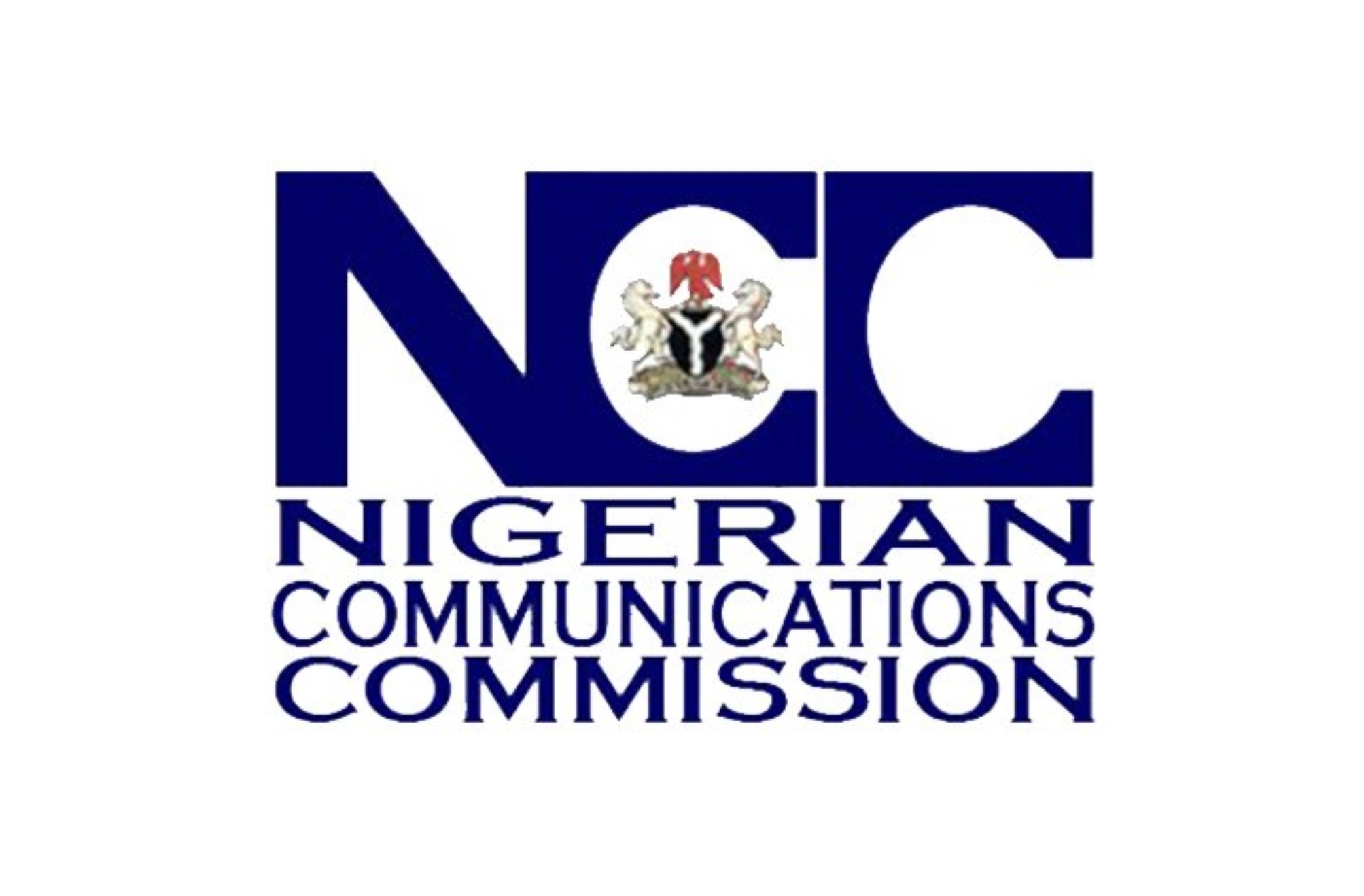Business
NCC Tasks Nigerians On Cyber Security

The Nigerian Communications Commission (NCC), has urged Nigerians to be cyber security-conscious to guarantee online safety for internet users.
NCC Executive Vice Chairman, Prof. Umar Danbatta, said this in a statement signed by Dr Ikechukwu Adinde, the Commission’s Director, Public Affairs, in Abuja, yesterday.
Adinde quoted Danbatta as saying this at a ceremony heralding the beginning of a series of enlightenment and awareness campaign for the 2020 National Cyber Security Awareness Month (NCSAM).
“Security is not reserved for a group of people, it is truly everyone’s business; bringing competence and knowledge to help build a safer and more inclusive information society.
“The month of October every year is NCSAM globally, aimed at raising awareness about cybersecurity, and to provide the public with general knowledge and tools required for online safety,” he said.
Danbatta said that internet users across mobile networks in Nigeria stood at 149.8 million as at August, 2020, noting that more users were expected online as services in different sectors of the economy were becoming digitalised.
He said that the increase in digital financial transactions for e-commerce activities called for greater responsibility on the part of individuals and corporate internet users to protect themselves against cybercrimes.
According to Danbatta, as the NCC embarks on various policy initiatives to drive pervasive broadband penetration to achieve increased digital inclusiveness, it is not unmindful of those who use the internet to carry out nefarious and dubious activities in the cyber space.
“To keep the genuine individual and corporate Internet users safe, the NCC, as regulator of the telecom sector, annually joins the rest of the world to create a lot of enlightenment around cybercrime in the month of October every year.
“We ensure that consumers are empowered through awareness and sensitisation campaigns, by providing information on both the positive and negative potentials available online, and measures required to safeguard themselves and their loved ones,”he said
Danbatta restated the commitment of NCC to continually embark on policy initiatives to enhance online security as well as educate and equip the consumers of telecoms services with information they needed to be protected online.
Business
Nigeria’s ETF correction deepens as STANBICETF30, VETGRIF30 see 50% decline in a week

Business
BOI Introduces Business Clinic

Business
Dangote signs $400 mln equipment deal with China’s XCMG to speed up refinery expansion

-
Maritime2 days ago
Nigeria To Pilot Regional Fishing Vessels Register In Gulf Of Guinea —Oyetola
-
Maritime2 days ago
Customs Declares War Against Narcotics Baron At Idiroko Border
-

 Sports2 days ago
Sports2 days agoGombe-Gara Rejects Chelle $130,000 monthly salary
-
Maritime2 days ago
NIMASA,NAF Boost Unmanned Aerial Surveillance For Maritime Security
-
Maritime2 days ago
NIWA Collaborates ICPC TO Strengthen Integrity, Revenue
-

 Sports2 days ago
Sports2 days agoTEAM RIVERS SET TO WIN 4×400 ” MORROW” …Wins Triple jump Silver
-

 Sports2 days ago
Sports2 days agoNPFL Drops To 91st In Global League Rankings
-

 Sports2 days ago
Sports2 days agoNSC eyes international hosting rights

